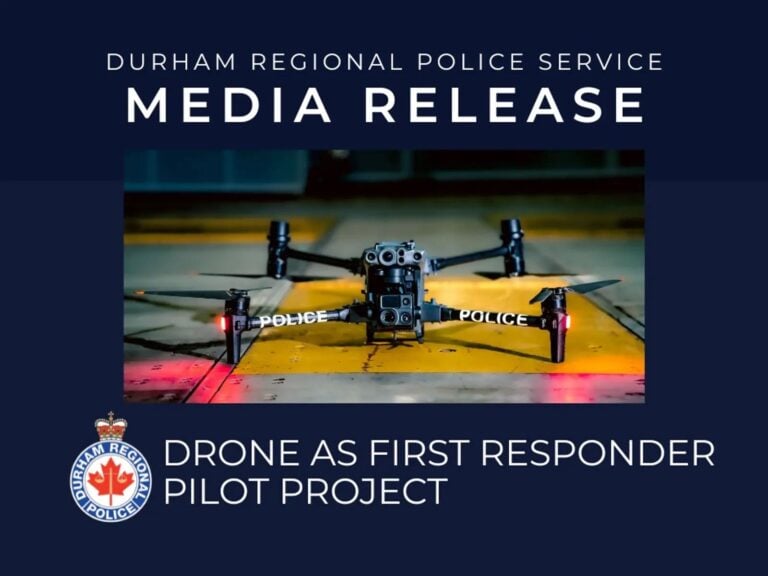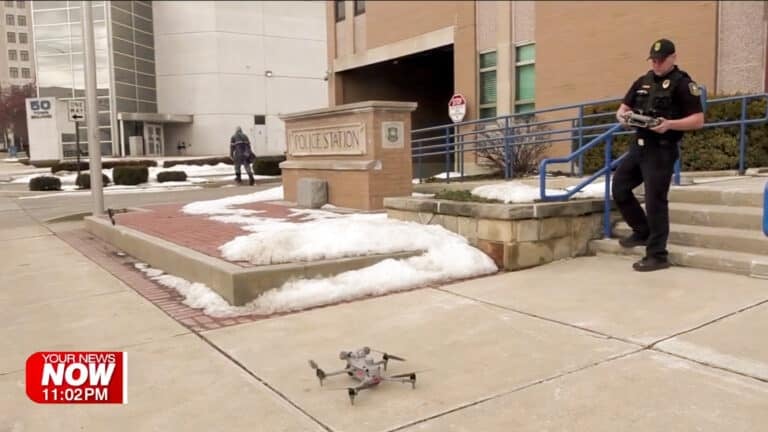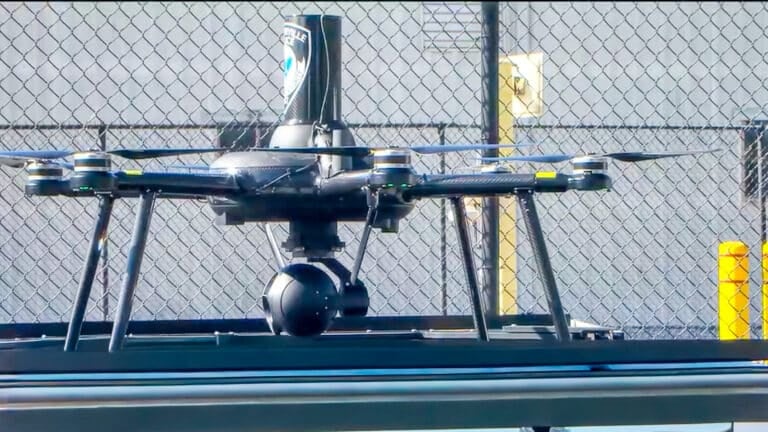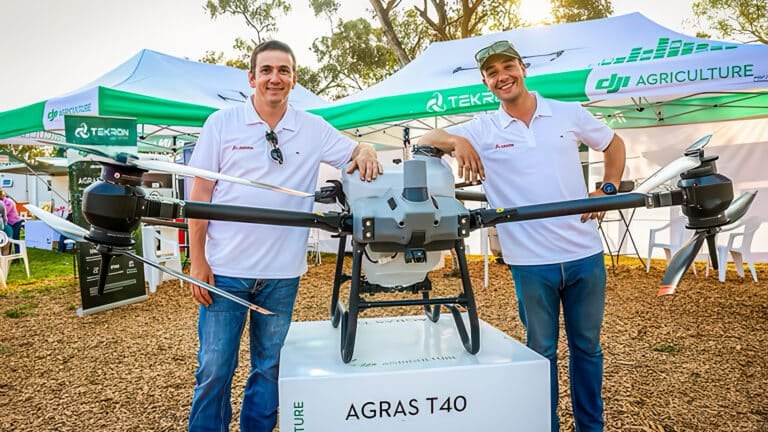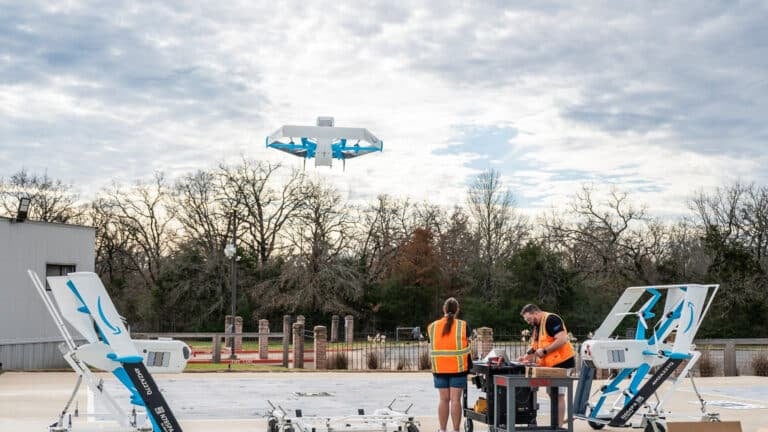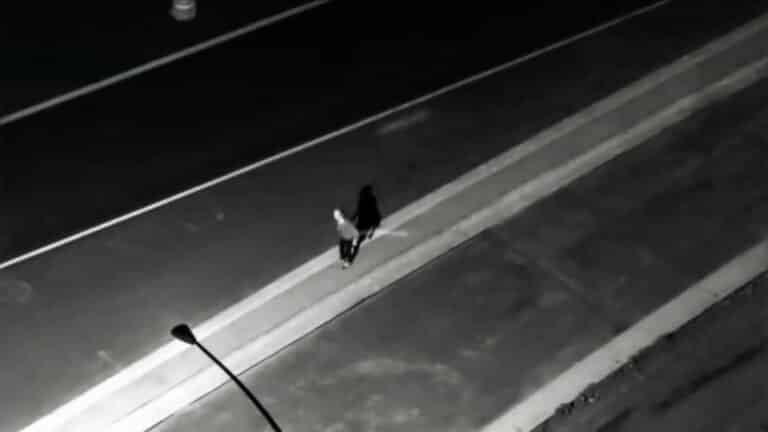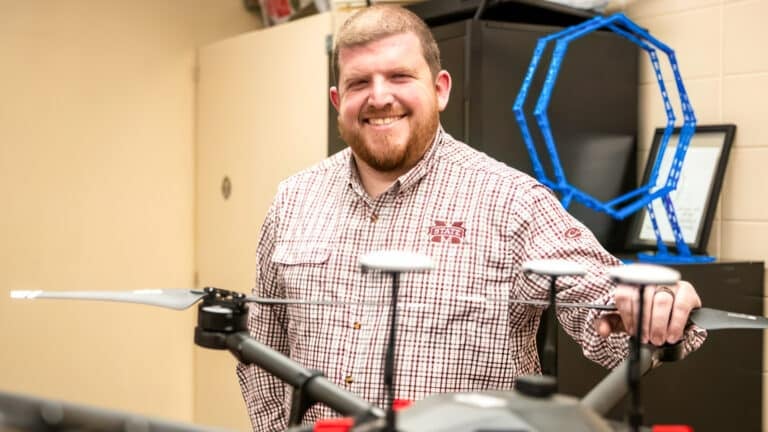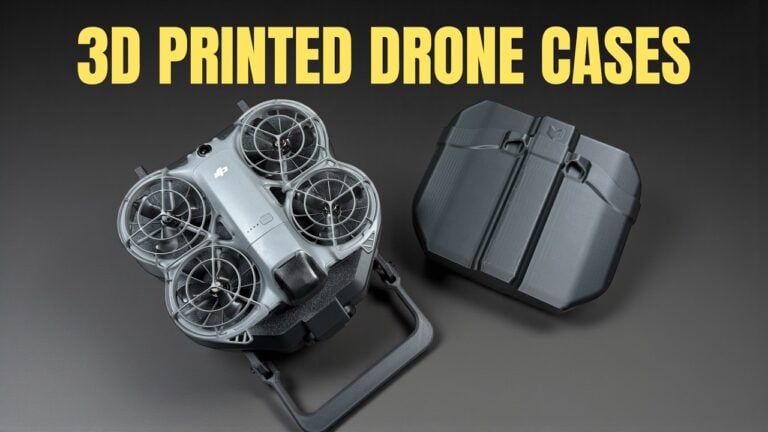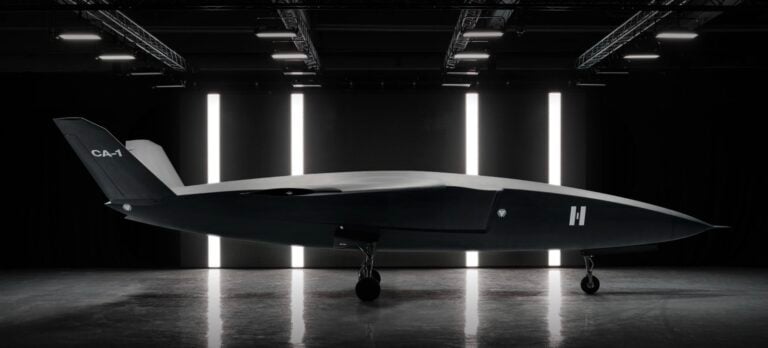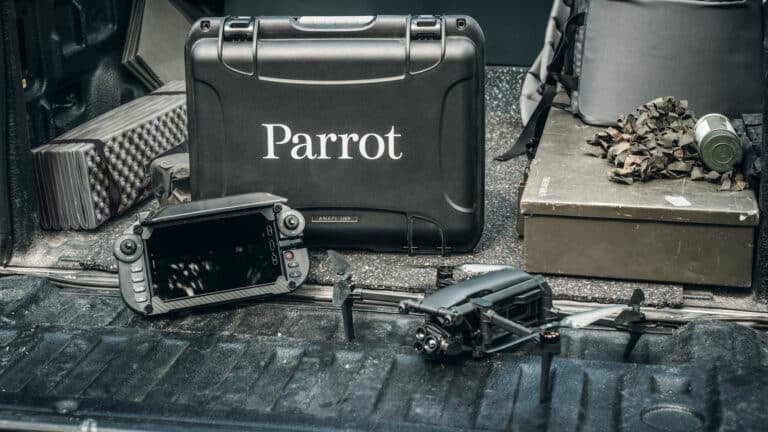Amazon Activates Prime Air Drone Delivery In Waco Two Days After Pontiac Launch

Check out the Best Deals on Amazon for DJI Drones today!
Amazon officially launched its Prime Air drone delivery service in Waco, Texas on Tuesday, marking the e-commerce giant’s fourth active U.S. market just two days after activating service in Pontiac, Michigan. The rapid expansion signals Amazon’s aggressive push to scale drone operations after recovering from technical setbacks that grounded its fleet earlier this year.
Customers in the Waco area can now receive millions of items through drone delivery, with packages weighing up to 5 pounds delivered within approximately 60 minutes. The service operates from facilities adjacent to Amazon’s fulfillment center on Exchange Parkway in Texas Central Industrial Park.
Pricing And Service Details
Prime members pay $4.99 per delivery, while non-Prime members can access the service for $9.99. The drones deliver within a 7-8 mile (11.3-12.9 kilometer) radius of the Waco facility, covering significant portions of the city’s residential areas.
Amazon deploys its advanced MK30 drone model in Waco, featuring reduced noise levels compared to earlier iterations and the ability to operate in light rain conditions. These improvements directly address community concerns that plagued Amazon’s now-shuttered College Station operation.
“Our drones deliver packages usually within 60 minutes,” Amazon spokesperson Steve Kelly told KCEN-TV during community outreach events held in August. “They deliver smaller items, about 5 lbs. Deliveries will start slowly and will ramp up, but customers can expect rapid delivery of these items.”
Strategic Shift To Integrated Facilities
The Waco launch represents Amazon’s strategic pivot toward integrating drone operations into existing same-day delivery centers rather than building standalone facilities. This approach contrasts sharply with the company’s original College Station site, which operated as a dedicated drone delivery facility from December 2022 until its closure on August 31, 2025.
Amazon shut down College Station operations after sustained noise complaints from residents led Mayor John Nichols to formally request the FAA delay expansion plans. The city received approximately 150 negative comments on Amazon’s environmental assessment—far more than typical drone projects receive.
By contrast, Amazon has worked proactively with Waco officials since at least August 2025, hosting community meet-and-greet events where residents could examine the MK30 drones firsthand and interact with operations staff.

Current National Footprint
With Waco now operational, Amazon runs Prime Air services in four U.S. markets:
- Tolleson, Arizona (West Valley Phoenix area) – Launched November 2024
- Pontiac, Michigan – Launched November 3-4, 2025
- Waco, Texas – Launched November 5, 2025
- College Station, Texas – Closed August 31, 2025
The company previously operated in Lockeford, California, but closed that facility in April 2024.
Amazon has announced plans for additional Texas locations including Richardson, San Antonio, and Dallas-Fort Worth, along with sites in Kansas City, Missouri and Detroit, Michigan.
Recovery From Technical Setbacks
The aggressive expansion into Waco and Pontiac comes after Amazon suspended all U.S. drone operations in January 2025 following multiple crashes at its Oregon testing facility. Two separate incidents—drones crashing during rainy weather in December 2024, and a mid-air collision during propeller failure testing in September 2024—forced the company to implement critical software updates across its fleet.
The rapid launch of two new markets within three days suggests Amazon has resolved the technical issues that grounded operations for months.
Christina Carter, Amazon’s drone operations manager for Texas, emphasized the technology’s safety features and community benefits.
“Some people can’t leave their homes,” Carter said during Waco outreach events. “This isn’t just a drone in the air. This could be someone’s lifeline.”
The MK30 drone features advanced “sense and avoid” technology enabling it to detect and navigate around obstacles including people, pets, and property. The aircraft can travel twice the distance of predecessor models while maintaining the same 5-pound payload capacity.
Regulatory And Economic Landscape
Amazon received crucial FAA approval in May 2025 to deliver products containing lithium-ion batteries, including iPhones and AirPods. This clearance significantly expanded the addressable product catalog beyond the initial limitations, making drone delivery more practical for everyday customer needs.
The company aims to deliver 500 million packages annually by drone by 2030, though current operations remain limited compared to that ambitious goal. Industry analysis suggests significant economic challenges remain, with internal projections indicating costs of approximately $63 per delivery against customer pricing of $4.99-$9.99.
The economics only improve with volume and operational efficiency—making rapid expansion into multiple markets essential to Amazon’s strategy.
DroneXL’s Take
Amazon’s lightning-fast deployment of Waco service just 48 hours after Pontiac reveals a company determined to make up for lost time. After suspending U.S. operations in January 2025 following crashes in Oregon, the e-commerce giant has clearly resolved its technical gremlins and shifted into expansion overdrive.
The strategic pivot matters more than the headlines suggest. By abandoning standalone facilities in favor of integrated same-day delivery centers, Amazon addresses two critical problems simultaneously: the noise complaints that killed College Station operations, and the eye-watering economics we highlighted in December 2024 when internal projections showed $63-per-delivery costs.
Integrating drones into existing fulfillment infrastructure spreads fixed costs across multiple delivery methods while positioning the technology as a premium expedited option rather than a replacement for traditional delivery. Smart.
But let’s talk about what happened in College Station. When we covered the Pontiac launch yesterday, we noted Amazon’s careful community outreach approach. That’s lessons learned the hard way—College Station residents compared the drones to chain saws, leaf blowers, and “a giant hive of bees” in FAA comments. The FAA received 150 negative comments on that expansion plan. One hundred fifty.
The quieter MK30 drones deployed in Waco and Pontiac directly address those concerns, but the real story is Amazon’s proactive community engagement months before launch. They’ve learned that technology alone doesn’t win hearts and minds.
The timing of this double-launch week—Pontiac on November 3-4, Waco on November 5—signals something bigger brewing. With FAA approval for lithium-ion battery deliveries secured in May, and the pending Part 108 BVLOS regulations expected to simplify expansion, Amazon appears positioned to flood multiple markets simultaneously rather than the slow rollout that characterized 2022-2024.
Richardson, San Antonio, Dallas-Fort Worth, Kansas City, and Detroit are all confirmed as next targets. If Amazon maintains this pace, we could see a dozen active markets by mid-2026.
The economics still don’t pencil out at current pricing and volume, but that’s always been the play: accept losses while building the infrastructure and operational experience that competitors can’t match. Amazon has deeper pockets than Wing, Zipline, or Flytrex. They’re betting they can outlast everyone else in the race to make drone delivery routine rather than novelty.
For drone professionals, this expansion validates what we’ve argued for years: the technology works, the regulations are navigable, and the market exists. The question was never “if” but “when” and “at what cost.” We’re watching Amazon bet billions that 2025-2026 is “when,” and that scale will eventually solve “cost.”
What do you think? Share your thoughts in the comments below.
Photo credit: Amazon
Discover more from DroneXL.co
Subscribe to get the latest posts sent to your email.
Check out our Classic Line of T-Shirts, Polos, Hoodies and more in our new store today!

MAKE YOUR VOICE HEARD
Proposed legislation threatens your ability to use drones for fun, work, and safety. The Drone Advocacy Alliance is fighting to ensure your voice is heard in these critical policy discussions.Join us and tell your elected officials to protect your right to fly.
Get your Part 107 Certificate
Pass the Part 107 test and take to the skies with the Pilot Institute. We have helped thousands of people become airplane and commercial drone pilots. Our courses are designed by industry experts to help you pass FAA tests and achieve your dreams.

Copyright © DroneXL.co 2026. All rights reserved. The content, images, and intellectual property on this website are protected by copyright law. Reproduction or distribution of any material without prior written permission from DroneXL.co is strictly prohibited. For permissions and inquiries, please contact us first. DroneXL.co is a proud partner of the Drone Advocacy Alliance. Be sure to check out DroneXL's sister site, EVXL.co, for all the latest news on electric vehicles.
FTC: DroneXL.co is an Amazon Associate and uses affiliate links that can generate income from qualifying purchases. We do not sell, share, rent out, or spam your email.




